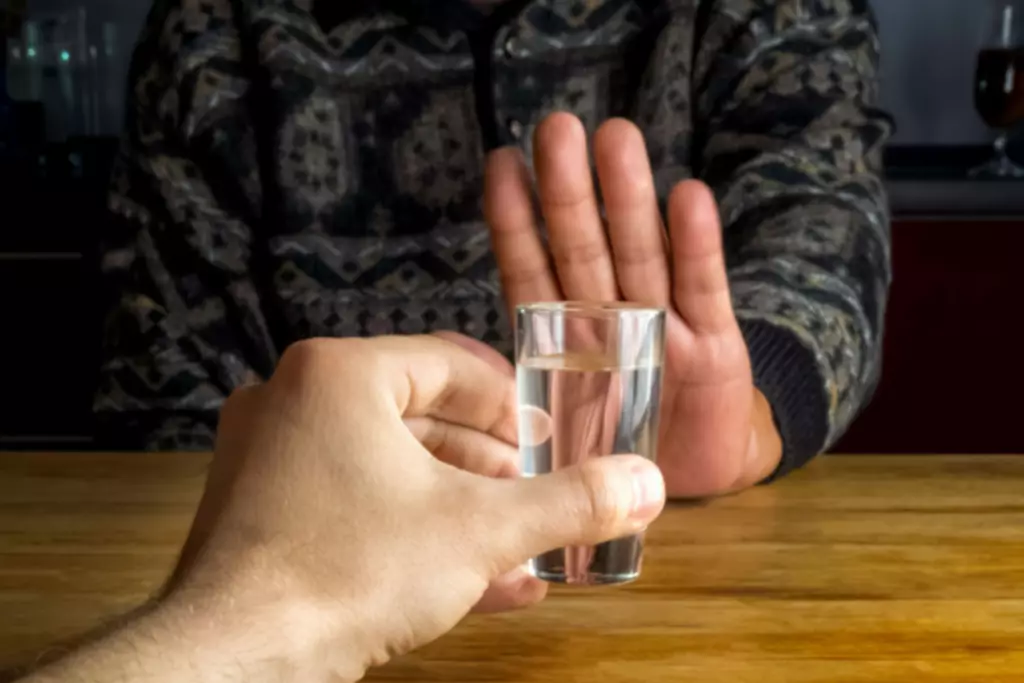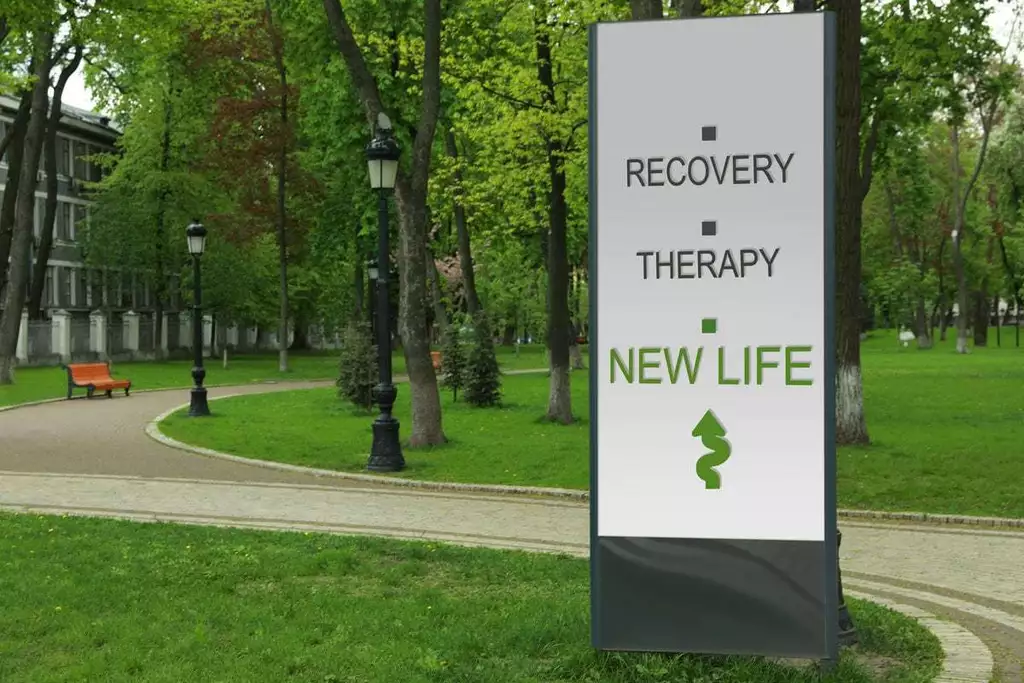
Doctors can prescribe amphetamines to people living with ADHD, among other conditions. People may also use the drugs in an unprescribed manner, such as to stay awake for a study deadline or to suppress appetite. Though prescribed amphetamines are legal, taking the drugs without a prescription is illegal in the U.S. Doctors prescribe amphetamines for conditions such as ADHD, obesity, narcolepsy, and depression. Misusing amphetamines, or taking them in a different way than a doctor prescribes, can lead to amphetamine addiction.

Detection in body fluids

This is from activities such as sharing used needles with someone who is already infected with one of these diseases. Other risky behaviors that can be linked to drug use, such as having unsafe sex, can also increase the chance of becoming infected with one of these diseases. Our Medical Affairs Team is a dedicated group of medical professionals with diverse and extensive clinical experience who actively contribute to the development of our content, products, and services. They meticulously evaluate and review all medical content before publication to ensure it is medically accurate and aligned with current discussions and research developments in mental health. Yes, amphetamines have a high potential for abuse and addiction despite medical uses. The Drug Enforcement Agency (DEA) categorized amphetamines as a Schedule II Substance.
- Amphetamine combination drugs such as Adderall are also widely prescribed to treat ADHD.
- Other drugs with similar effects include cocaine, ecstasy, caffeine, and many others.
- Counselling for amphetamine addiction aims to support you to give up amphetamines completely, rather than simply reducing the amount you take.
- Stress has been shown to precipitate spontaneous recurrence of methamphetamine psychosis in formerly psychotic methamphetamine abusers.
- An addict may return to the drug even after a long period of abstinence.
- A comprehensive assessment of the research literature on pharmacotherapy for AMPH/MA dependence may inform treatment guidelines and future research directions.
Results of Individual Studies
As with other CNS stimulants, mixing amphetamines and other substances can lead to serious side effects and fatal overdose. Most forms of prescription amphetamines come in the form of pills or tablets but will occasionally be administered orally as a liquid. Amphetamine combination drugs such as Adderall are also widely prescribed to treat ADHD. To support someone who is being treated for amphetamine addiction, you can first and foremost encourage them to keep up with their treatment. It may help to encourage them to set goals, learn something new or simply spend more time with friends and family.
Prescription amphetamines
Amphetamines were first used as nasal decongestants from when they were developed in 1887. During the Second World War, they were used to enhance moods, increase endurance, and sharpen alertness. Longer-term studies support the efficacy and safety of methylphenidate when taken as prescribed to treat hyperactivity, but more information is needed to evaluate its long-term Halfway house effects. When taken as prescribed, amphetamines and related drugs do not cause addiction. Methylphenidate is less likely to cause addiction than other amphetamines.
- Wider groups of the population are becoming susceptible to dependence on these drugs, particularly younger people, who the addiction may stay with through the most important years of their life.
- In intention-to-treat analysis there were no differences in abstinence or study retention rates (defined by number of doses collected), although the methylphenidate arm achieved higher study retention from Week 6.
- Due to the limited number of included studies, calculating effect sizes was not feasible.
- Acknowledging that you need help for a stimulant addiction, or trying to persuade a loved one to get help, can be difficult.
- Another key area that has not been adequately addressed in clinical trials is the issue of comorbid sleep disturbances in patients using AMPH/MA, and the likely impact upon the role of different medications.
Overdose of amphetamines is a major risk of abusing these drugs or medication. Contact your provider if you or someone you know is addicted to amphetamines and needs help to stop using. Also contact your provider if you are having withdrawal symptoms that concern you.

It is essential to have a comprehensive understanding of this amphetamine addiction addiction and its treatment options to address this growing problem effectively. In this article, we will explore what amphetamine addiction is, its prevalence, signs and symptoms, the impact on health and lifestyle, as well as the process of addiction treatment. The study systematically reviewed the effectiveness of pharmacological treatments alone or combined with brief cognitive-behavioural therapy (BCBT) for treating Iranian amphetamine abusers.
Mixing amphetamines and other drugs

Patients should be asked what drug(s) they used, the route of administration they utilized, and the duration of their drug use. Blood pressure, heart rate, and other vital signs should be taken immediately upon presentation. The physical examination should include assessments for hyperthermia, evidence of end-organ damage (eg, neurological deficits, respiratory compromise, or new cardiac murmurs), and skin ulcerations or abscesses. Amphetamines are a class of drugs that work to stimulate the central nervous system. When taken in therapeutic https://ecosoberhouse.com/ doses, these drugs create emotional and cognitive effects that include feelings of euphoria, increased sex drive, increased energy, decreased appetite, and improved cognitive control.

